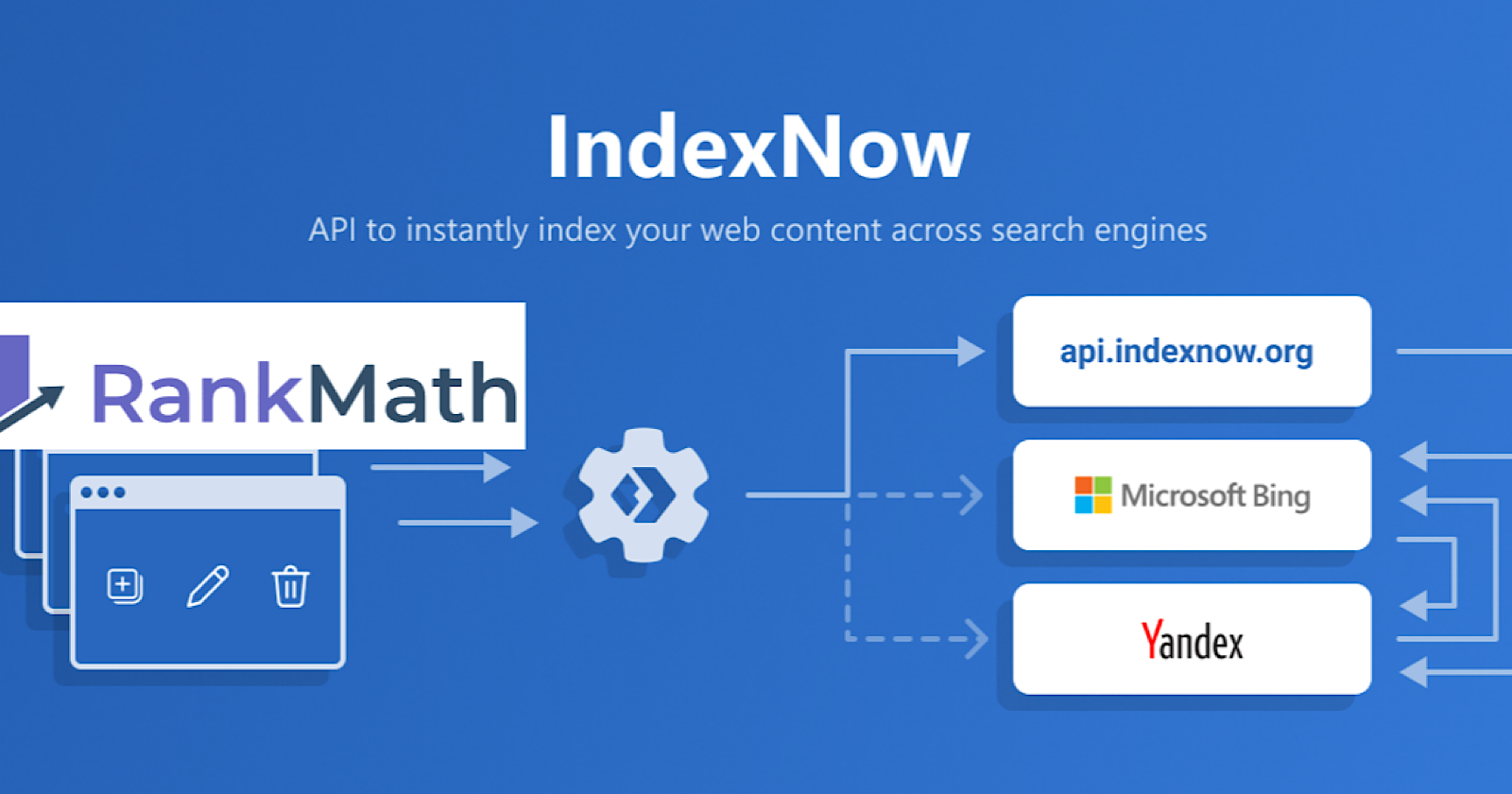Customer Scoring For Agencies: How To SQL Your PPC Customers via @sejournal, @navahf
Discover the power of SQLing your PPC customers for agency success. The post Customer Scoring For Agencies: How To SQL Your PPC Customers appeared first on Search Engine Journal.

There are two very big considerations when taking on a new PPC client:
Will you make money by helping this client, and will you enjoy working with them?
Both of these questions factor into SQLing (sales qualified lead-ing) a prospective client. Yet they should be asked of existing clients, too.
Scope creep (being asked to do things outside the previously agreed upon agreement) can sour healthy and profitable relationships.
We’re going to look at:
How to determine your SQL criteria. SQLing new customers. SQLing existing customers.It’s important to note that while this is written from a PPC perspective, there are lessons all vendors can take from the process.
How To Determine Your SQL Criteria
Let’s get the disclaimer out of the way: there is no “absolute” right answer to this.
All that matters is that you use data to justify your choices, and you don’t compromise on what you need as a business to happily thrive.
I intentionally divide Sales Qualified Leads (SQL) into two because if you only look at the money part, you’ll often burn yourself out on too much work.
Conversely, if you only look at the happiness part, you might undercharge and be left holding the debt bag.
As A General Rule Of Thumb, SQLing A PPC Client Should Factor In Some (If Not All) Of These Criteria
How much is the client willing to spend, and is that budget in line with industry standard? Is the client expecting me to create visual content, and am I equipped to deliver? What kind of communication cadence does the client expect, and is that in line with what I currently offer? Do I currently have another client in the same industry, and are they paying me more or less than this new one would? Are there any skills this client expects me to have/act on that I don’t currently have/can’t easily outsource? Will the client need/want to be involved in management, and are you ok with that? Are they ready to begin now, or is this discovery phrase for them?These questions speak to your ability to operationally support the client, which is a critical part of any SQL process. Additionally, budget and skill needs speak to the probability of success.
If you’re embarking on a customer journey with a client who’s asking for leads/sales while spending a fraction of the industry-standard budget, there is a low chance of success.
Conversely, if the client is willing to spend whatever you tell them to but will be making all kinds of changes to the account, that can also set you both up for a bad time.
You will need to create a scoring system for how much each question matters to you. Additionally, it’s important to set a minimum score that all clients need to meet.
While it’s true what the client pays you should be the main determining factor, long/healthy relationships are more than money.
SQLing New Customers
Depending on how you’re set up, SQLing may happen before or after the sales team talks to the client.
If it’s before, odds are there will be an investigation into the existing ad account to find opportunities.
This will also confirm ad spend meets the required minimums.
If you SQL after the initial sales discussion, it’s important to ensure discovery questions collect the needed SQL information without making the prospect uncomfortable.
For example, if you’re trying to find out about ad spend, these are a few ways to ask about it:
How do you determine your budgets? Should we look to your historical spends for a fair sense of your PPC budgets, or are you planning to grow/downsize?Questions should be as open-ended as possible and come from a place of trying to help.
SQLing Existing Customers
When you hear an agency fired their customer, it’s because they failed the SQL test. This might be because of decreases in budget or scope creep impacting margins.
Whatever the reason, it’s so important that vendors and clients keep an open dialog about what it means to be a good customer.
Good customers:
Pay their bill on time (upfront is better). Are respectful to you/your team. Don’t overstep communication boundaries (time/format/frequency). Show appreciation for your partnership. Other little things that make you love working with them and winning for them.If a previously good customer starts to slip, be proactive and talk to them about what has changed in their business. often times, it’s a solvable issue and can be resolved with firm but polite conversation.
Where it’s a little tougher is if a client’s ad spend is in previously accepted ad spends, but your company has evolved past that style of management.
Smaller budget accounts often require more work, and unless the customer is low involvement (i.e., has acceptable margins), you’ll likely want to gently connect them with a new vendor.
Final Takeaways
SQLing your PPC prospects and clients is a critical part of operational success.
Keeping the criteria in place, and sticking to it, will set you and your business up for scalable growth.
Your customers will appreciate you for it.
More resources:
3 Important Considerations for Your PPC Leads The PPC Dilemma: Why Your Agency’s Growth Is Limited & How To Fix It The Biggest PPC Trends of 2023, According to 22 ExpertsFeatured Image: fizkes/Shutterstock

 Tfoso
Tfoso 
































